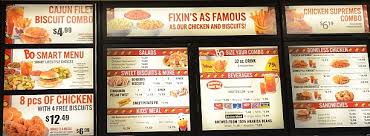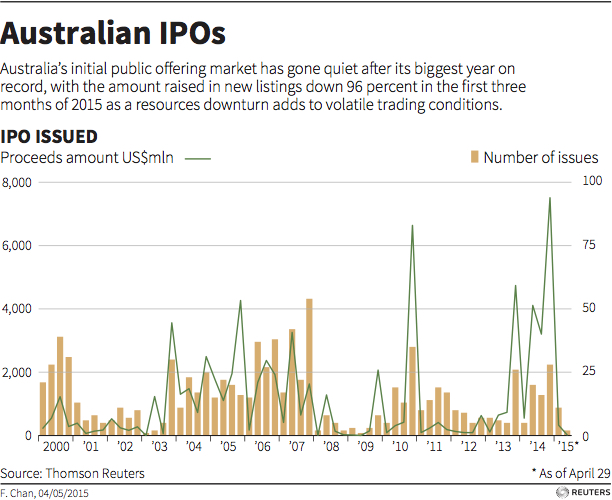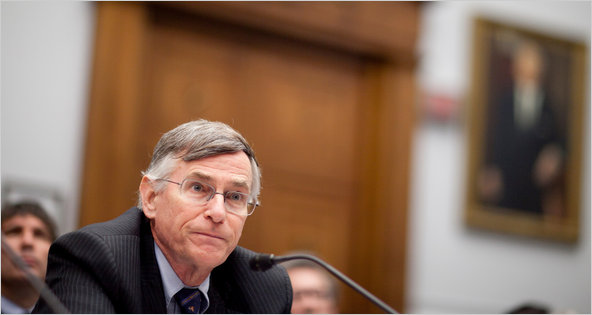
About a month ago, Brokerdealer.com’s blog update covered the southern comfort fast food chain based out of North Carolina, Bojangles, announcement that it would be going public with an IPO after 38 years. On Friday, May 8,2015, Bojangles will officially launch its IPO under the ticker BOJA on the NASDAQ. There are several other IPOs coming out on the menu this week ranging in a wide variety of industries, but Bojangles has set itself apart from the rest.
To learn what sets Bojangles apart from the rest continue reading below and then contact a brokerdealer to invest in this hot new IPO yourself.
This brokerdealer.com blog update is courtesy of Benzinga’s article, “IPO Outlook: Down-Home Cookin’, Fast-Casual Bojangles’ Sizzles Investors“, with an excerpt below.
To say it’s a jam-packed week for the IPO market is an understatement. With twelve IPOs scheduled – ranging from biotechs, REITs, MLPs and a hot restaurant – investors have quite a menu to choose from.
Southeastern restaurant chain Bojangles’ Restaurants, Inc. (NASDAQ: BOJA) plans to raise $122 million through 6.3 million shares expecting to price between $15 and $17 on Friday.
Bojangles’ will trade on the NASDAQ under the ticker BOJA.
It’s Bo Time
Charlotte, North Carolina-based Bojangles’ joins the other fast-casual restaurants that recently tapped the public markets due to both consumer and investor strong enthusiasm.
The company started in 1977 with a menu centered on “chicken ‘n biscuits” and since has remained relatively unchanged. To put it in context, Bojangles’s is the chicken joint to the Southern realm eateries what Shake Shack Inc SHAK 1.52% is to the burger space in metropolitan areas.
What Makes The ‘Bo Difference’
The company has what it calls the “Bo Difference,” allowing it to grow profits and create a loyal customer base. Its self-described high quality, tasty Southern food is characterized by breakfast biscuits, never frozen bone-in fried chicken, dirty rice, sandwiches, wraps, unique fixin’s, legendary iced tea and its Bo Smart menu.
Bojangles’ five meal offerings include breakfast, lunch, snack, dinner and after dinner. Its decision to serve breakfast all day, every day, gives it an edge over its competitors that typically serve breakfast for a limited time or start service with lunch. This edge has paid off as Bojangles’ says in its S-1 that it generates 38 percent of its revenue from 11 a.m. to closing (typically 11 p.m.), or $650,000 on average just from breakfast alone.
To continue reading about this sizzling southern IPO, click here.



